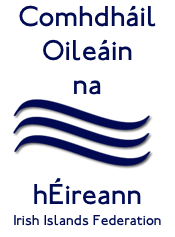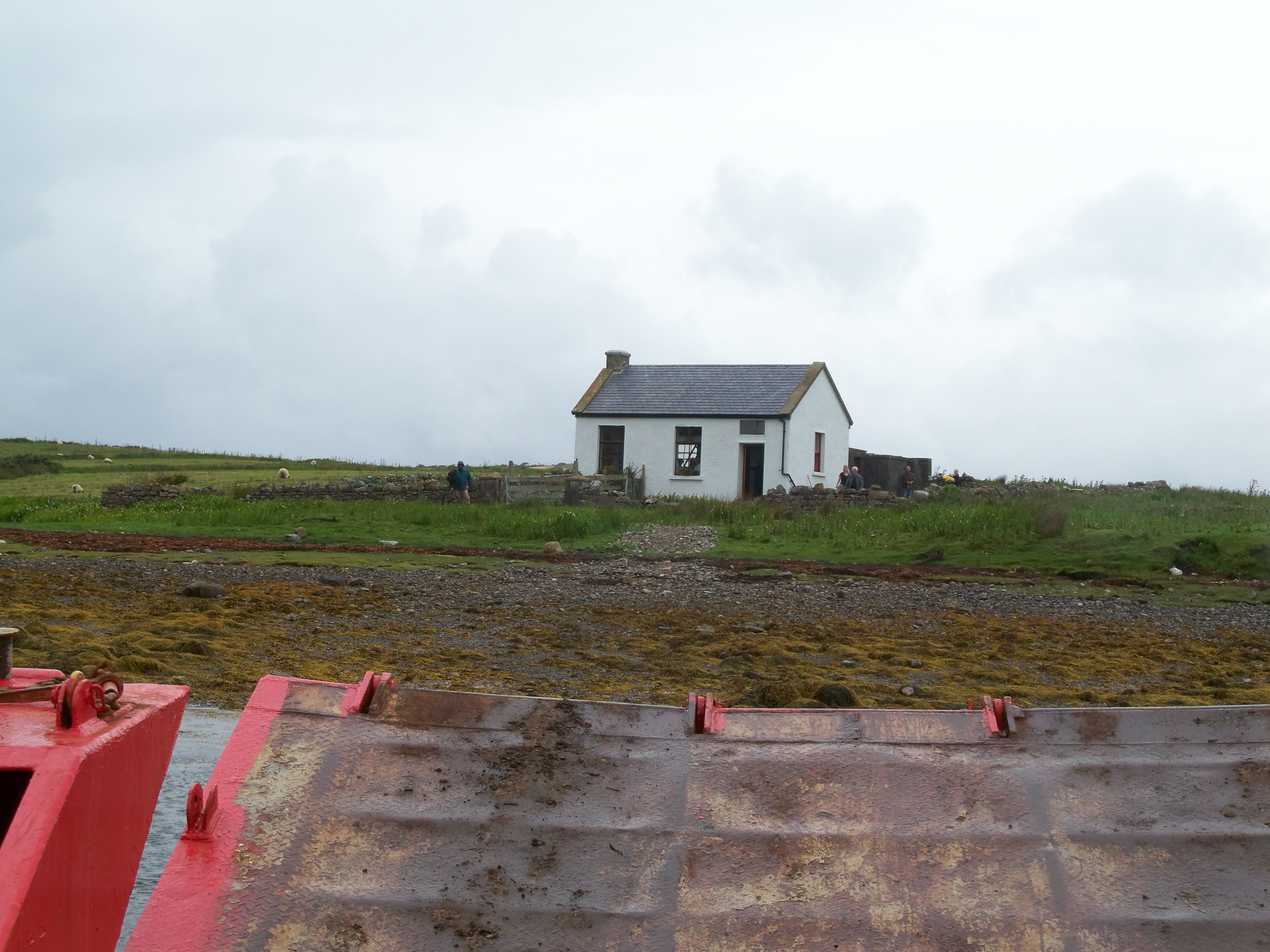An Roinn Oideachais agus Scileanna
Invitation for External Submissions, November 2020
Comhdháil Oileáin na hÉireann (COÉ) is the representative body for the inhabited offshore islands of Ireland. The organisation’s aim is the social, economic and cultural development of island communities through representation at local, national and EU levels. COÉ is a founder member of ESIN, the European Small Islands Federation, currently hosting their secretariat. COÉ works with Government to develop Island-proofed policies and is currently involved in the Department of Rural and Community Development consultation on offshore Islands.
Comhdháil Oileáin na hÉireann submission
COÉ welcomes the Department of Education and Skills (DES) external consultation, enabling COÉ to communicate proposals with regards to the development of the DES Strategy Statement for the period 2021-2023.
COE’s submission is based on the Programme for Government – Our Future Together, published during June 2020. COÉ’s submission draws from and cites the Programme for Government as a key source, given that this has already been adopted as agreed Government policy.
‘Primary and Post-Primary education’
“Education is a cornerstone of society and a driver of social equality. Creating new and viable opportunities for young people and those wishing to re-skill is a civic, social, economic and environmental imperative now more than ever.”
COÉ recognises that the above is a powerful and progressive statement, that places education at the heart of the Government’s work.
COÉ welcomes the continous and specific recognition of the importance of small schools in the programme for Government (pg. 110). The future and sustainability of small communities is heavily reliant on the availability of appropriate education infrastructure.
Small offshore island communities are even more heavily reliant on the suitable education resources (There are five post-primary schools on islands that rely on the local island community progressing from very vulnerable island primary schools, of which only 12 island primary schools remain). Primary and post-primary schools are currently and will continue to be at the heart of island communities. The Programme for Government recognises this fact and COÉ (who support all 5 post-primary shools and 12 primary schools on islands) hopes to see further supports implemented to ensure the sustainability of island schools, and by extension, island communities.
COÉ welcomes Government’s commitment to provide additional resources for students whose first language is not English (pg. 111), and welcomes recognition by DES that not all students have English as their first language. COÉ hopes that Gaeltacht students and families using Gaeilge, Ireland’s first official language will also be included within DES measures and support for such students.
Under Sustainable Rural Mobility proposals (pg. 30), COÉ hopes that the required investment will occur to ensure social cohesion between island communities and the mainland, particularly with regard to island education.
COÉ welcomes Government’s strong commitment to strengthen and enlarge Irish-medium education (pg. 112), with particular reference to Government’s intention to double Irish-medium immersion education,both within and outside Gaeltacht areas. The establishment of the Schools’ Excellence Fund for Irish-medium sector will be a significant step suporting Irish-medium education, and will assist recognition, status and language profile of such schools.
COÉ suggests that Ireland could learn much from the Government proposal to ‘Forge alliances with other Member States with which we share common goals and interests’ (pg. 125), and member states off-shore island communities and also connection with countries beyond EU allow Ireland ‘Deepen Ireland’s relationships with Small Island Developing States, some of which face existential threats from climate change’ (pg. 128). It would be beneficial if a common understanding at official levels (government, EU etc) could be reached across member states regarding Island Communities’ challenges to facilitate a common approach to addressing same, re various facets of island life eg Education, Transport, Langusge, Climate, and if this could be supported within a multi-annual approach.
Regarding Balanced Regional Growth aim in Programme for Government (pg. 67), particularly within the aim and context ‘Ensure that policy and planning across Government in relation to the future provision of services and infrastructure will be fully aligned with the National Planning Framework to ensure balanced and sustainable development in Ireland over the next 20 years.’, COÉ strongly suggests that an across Government cohesive integrated approach is adopted to addressing Islands’ challenges, and also similar existential challenges faced by rural communities throughout Ireland, which threaten their future viability eg Infrastructure and education supports, transport, broadband. Government’s commitment in the Islands section of the Programme for Government is welcomed and supported by COÉ, to ‘……publish the Islands’ Action Plan this year, so that action can be taken on improving connectivity, transport links, education, job creation and fully exploiting the potential for tourism on our islands.’ COÉ respectfully suggests that DES arranges for education to be included among the 11 themes and areas of island life being consulted upon within the process as despite being omitted as a consultation theme, education was the issue consistently raised as first or second concern by islands communities.
The commitment to Irish language (pg. 103), ‘This Government acknowledges the importance of the Irish language as the first language of the State, as a living language, and as vital component of the heritage of this island.’, COÉ, identifies a central role for Education and ETBs in delivering this policy objective, to assist Government and DES ‘……. to increase not only the visibility of our native language, but also its daily use in the community.’ agus i dtreo na sprice ‘……. the protection and preservation of Gaeltacht areas to ensure they remain at the heart of a living language.’
COÉ would welcome the oppportunity to expand on these proposals when the draft Strategy Statement takes shape, and will be available to further engage with DES during November and December in assisting to deliver on the ambitious programme.

